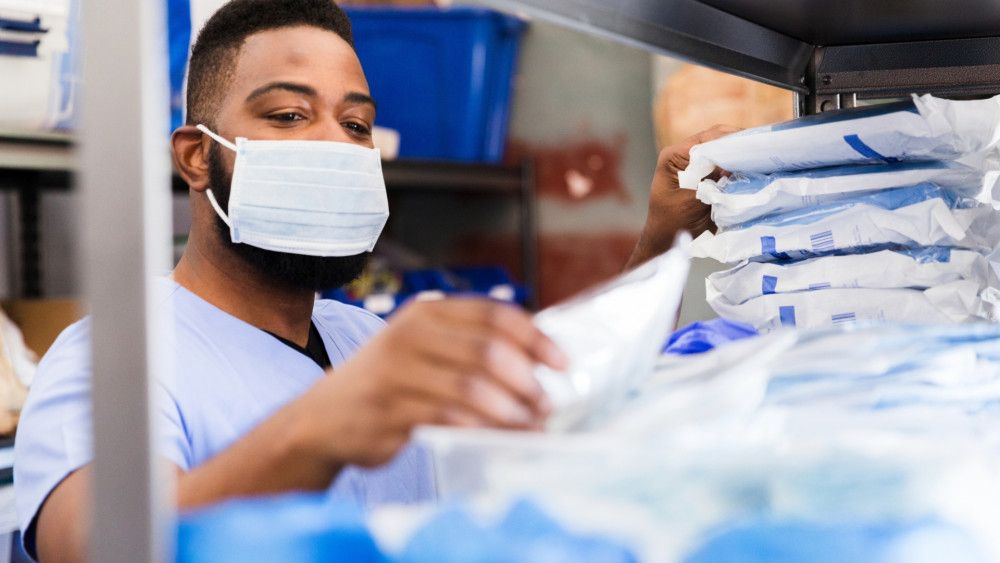Thursday January 23, 2025
- ALL NEWS
- SMALL & MEDIUM ENTERPRISES (SME)
- INTERNATIONAL TRADE
-
REGIONS
-
NON-REGIONAL
Search

t has already been over a year since the World Health Organization (WHO) declared the COVID-19 outbreak a global pandemic. Countries are rushing to get everyone vaccinated, leaving many hopeful that the end is near. However, even once the pandemic subsides, some changes may be permanent. So how has medical trade changed in recent months, and what does its future look like?
After a year of unprecedented disruptions in the global health community, certain aspects of medical trade have been brought to the fore. Healthcare and aid organizations found their work complicated by safety and supply chain logistics challenges, along with financial stress, at a time when their work was needed most.
One significant problem is a growing sense of isolationism. Some countries have been hesitant to share medical resources and now vaccines with others. Countries with higher vaccine production capabilities have kept an overwhelming number of doses to themselves. On the one hand, this is understandable since governments have a primary obligation to protect their own citizens first. However, given that it is a global pandemic with a virus that can easily and rapidly cross borders, stockpiling vaccines makes little sense.

Some fear that these types of America First, Britain First, or EU First policies and mindsets will contribute to the increase in isolationism. The pandemic could also become yet another excuse for nationalism, anti-immigration policies, and racism. After all, if the US is hesitant to share its vaccines even with Canada, for example, how willing will it be to help out countries like Ecuador, East Timor, or Eswatini that are much further away?
On the other hand, while some nations like Taiwan decided to restrict medical trade early on, others have benefited by not doing so. For instance, China’s decision to help the European Union (EU) by providing vital medical supplies such as surgical masks, N95 masks, and COVID-19 diagnostic kits has helped improve its relations with some of the union’s member countries and improve its image as a reliable, responsible global leader. South Korea has also recently donated oxygen concentrators, testing kits, and other aid goods to India in order to help the South Asian nation as it continues to struggle with the recent surge in COVID-19 infections. These two countries are a great example of the importance of a global trade network that focuses on helping others and not just resource extraction, which has become more essential than ever before. Other countries must also continue to work together and facilitate medical trade to help bring an end to the pandemic once and for all.
Stay in the loop with Exports News
Exports News is the best place to receive all the latest updates in the business and import/export world. Sign up for our newsletter today and stay informed.
No Comments
Add comment



We’re happy you are satisfied with Exports News. Please let us know if you need enything!
support@exportsnews.comWe’re sorry your experience was not satisfactory. Please let us know how we can improve your experience:
Please contact us with any questions or concerns: support@exportsnews.com


Your feedback has been received! If you have any other questions or concerns, please contact us at:


There aren't any comments yet. Be the first to comment!